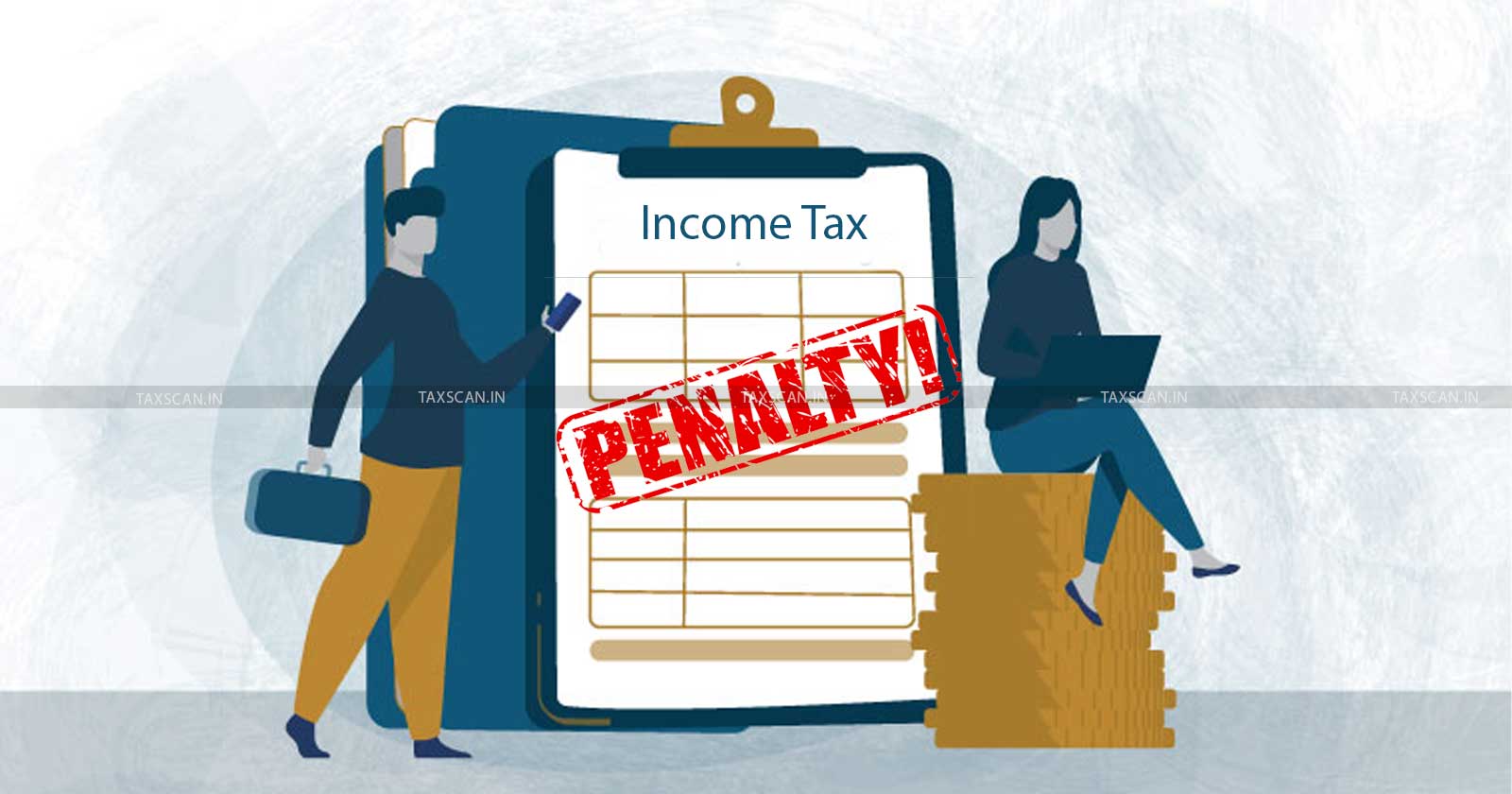S.12A Registration Mandatory For Claiming S. 11 Exemption: ITAT Upholds ₹5.80 Crore Addition to Town Planning Authority [Read Order]
The Tribunal ruled that registration under Section 12A of the Income Tax Act, 1961, is a mandatory prerequisite for claiming exemptions under Sections 11 and 12 of the Income Tax Act
![S.12A Registration Mandatory For Claiming S. 11 Exemption: ITAT Upholds ₹5.80 Crore Addition to Town Planning Authority [Read Order] S.12A Registration Mandatory For Claiming S. 11 Exemption: ITAT Upholds ₹5.80 Crore Addition to Town Planning Authority [Read Order]](https://images.taxscan.in/h-upload/2025/07/31/2071429-itat-upholds-s12a-registration-mandatory-town-planning-authority-taxscan.webp)
The Bangalore Bench of the Income Tax Appellate Tribunal ( ITAT ) has ruled a valid registration under Section 12A of the Income Tax Act, 1961 is mandatory to claim exemptions under Sections 11 and 12 of the Income Tax Act.
Doddaballapur Planning Authority, (assessee) filed its income tax return for the assessment year 2019-20 belatedly on 29.11.2020, declaring a total income of ₹Nil. The return was processed by the Central Processing Centre (CPC).
The CPC disallowed the assessee’s claim of ₹5,80,44,590, which had to be applied during the previous year under clause (2) of the Explanation to Section 11(1). The CPC disallowed on the grounds that the assessee failed to file Form 9A within the due date.
 Also Read:Bogus Transaction Addition: ITAT Says Duty Lies on Revenue to Ascertain Whether Bogus Deals Are Genuine Tax Planning or Evasion [Read Order]
Also Read:Bogus Transaction Addition: ITAT Says Duty Lies on Revenue to Ascertain Whether Bogus Deals Are Genuine Tax Planning or Evasion [Read Order]
Aggrieved by the CPC’s order, the assessee appealed to the Commissioner of Income Tax (Appeals) [CIT(A)]. The CIT(A) observed that the assessee was not registered under Section 12A/12AA for the assessment year 2019-20.
The CIT(A) dismissed the appeal of the assessee and upheld the order of the CPC. Aggrieved by the order, the assessee filed an appeal before the ITAT.
The assessee contended that the amounts collected, including betterment fees of ₹5,20,97,935 and lake rejuvenation fees of ₹55,10,500, were capital receipts covered under Section 11(1)(d) of the Act.
The assessee argued that these collections, governed by Section 18 of the Karnataka Town and Country Planning Act, 1961, were not taxable income, as they were meant for specific public purposes and utilized as per government guidelines.
The assessee further argued that the inadvertent claim of Section 12A registration in the return was a mistake and that the authority’s funds were not income, as they were held in a custodial capacity for the Government of Karnataka.
The Counsel for the Revenue supported the CIT(A)’s order and argued that the provisions of Sections 11 and 12 were inapplicable, as the assessee lacked registration under Section 12A/12AA/12AB for the assessment years 2019-20 and 2021-22.
The two-member bench comprising Laxmi Prasad Sahu (Accountant Member) and Keshav Dubey (Judicial Member) observed that registration under Section 12A is a precondition for claiming exemptions under Sections 11 and 12 of the Income Tax Act.
 Also Read:Income Tax Penalty Notice Not Properly Served Initially, Reminded after 4 Months of its Issuance: Madras HC Directs Decision After Hearing [Read Order]
Also Read:Income Tax Penalty Notice Not Properly Served Initially, Reminded after 4 Months of its Issuance: Madras HC Directs Decision After Hearing [Read Order]
The bench observed that the assessee’s registration under Form 10AC, granted on 15.11.2021, was effective only from the assessment year 2022-23. For the assessment years 2019-20 and 2021-22, no valid registration existed.
The Tribunal further held that, in the absence of registration, the question of filing Form 9A or claiming exemptions under Section 11(1)(d) did not arise. It held that the CIT(A) rightly upheld the CPC’s addition.
The tribunal held that the assessee was not entitled to exemptions under Sections 11 and 12 without valid registration under Section 12A of the Income Tax Act. The appeals of the assessee were dismissed.
Support our journalism by subscribing to Taxscan premium. Follow us on Telegram for quick updates


